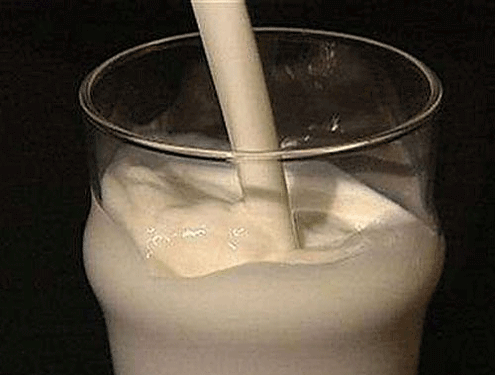
With milk adulteration becoming a routine affair, the Food Safety and Standards Authority of India (FSSAI) has come out with the first detailed standards for milk and milk products to ensure availability of safe products in the market.
Besides milk, the FSSAI also brought out standards for cream; malai; sahi or curd; chhana or paneer; cheese; dairy-based desserts or confection; evaporated or condensed milk and milk products; butter, ghee and milk fats; chakka and shrikhand; fermented milk products; whey and edible casein products.
There are several categories of milk depending on the source state and animal. For instance, the standards of buffalo milk in Assam, Bihar, Chandigarh, Delhi, Gujarat, Haryana, Jharkhand, Maharashtra, Meghalaya, Punjab, Sikkim, Uttar Pradesh, Uttarakhand and West Bengal are different from the rest of the country. The percentage of minimum milk fat is higher in these 14 states.
In addition to buffalo milk, standards have also been set for milk of cow, goat, camel and sheep besides the standard full cream, toned, doubled-toned and skimmed milk.
An improvement than existing regulatory norms, the draft standards prepared by a FSSAI technical committee is up for public comments within the next 60 days. Once the comments are received, they would be analysed and incorporated before the final milk standards are notified.
“The organised sector—food industry and big dairies—must comply with the new standards. But the implementation would be difficult in the unorganised sector, including local dairies. Do we have enough food inspectors or food laboratories for the job,” Kamala Krishnaswamy, former director of National Institute of Nutrition, Hyderabad, asked Deccan Herald.
The draft standards for milk and milk products from the food regulator comes three years after the FSSAI found that the menace has spread far and wide across the country.
In a nationwide survey on almost 1,800 milk samples, the FSSAI found each one was adulterated in Bihar, Chhattishgarh, Jharkhand, West Bengal, Orissa, Mizoram and Daman and Diu. The adulteration agents are skimmed milk powder, glucose, fat, solid-not-fats and water.
Majority of milk samples analysed in 19 states and UTs do not conform to the existing food safety standards. While the southern states—Andhra Pradesh, Karnataka, Kerala and Tamil Nadu—along with Madhya Pradesh and Chandigarh fared better, the rest of the country projected a dismal picture.
The FSAAI survey also led to a Supreme Court litigation, which is still continuing. The apex court asked the government to ensure supply of safe and healthy milk to the citizens.
